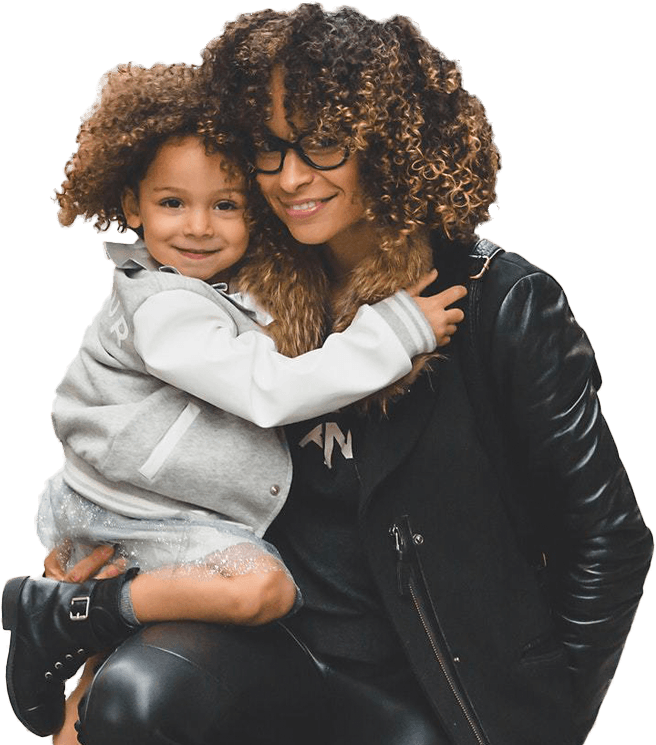Honestly, these last 2 weeks have been pretty tough for the Cox family of five. Between my husband hosting the 2017 – 2018 NCAA Division III Men’s and Women’s Indoor Track and Field Championship at Birmingham Southern College, my son’s weekly baseball practices and games, the daily grind of work and school, and threats of severe weather, we have been stretched thin. On top of that, there have now been 3 school shootings as of this writing – Marjory Stoneman Douglas High School in Parkland, Florida on February 14, Huffman High School in Birmingham, AL on March 7, AL, and Great Mills High School in Great Hills, Maryland on March 20. Each shooting, tragic, and occurring within weeks of the other, my own anxiety escalated. But, this time my oldest was deeply impacted.
Usually her 5th grade life filled with homework assignments, upcoming tests, and preteen drama garners much of her attention; but, things were a little different a few nights ago. One evening as we were heading home from her dance studio, Bailey glanced over at me and asked, “Mommy, what am I supposed to do when I feel anxious?” She had never really asked me this question like this. We have talked about the jitters when she has a presentation at school or before she goes on stage for her dance recitals, but this was clearly more serious. So, I shifted into mommy psychiatrist mode and replied, “Well, sweetie, what is it that is making you feel anxious.” Her response left me heart broken. She began, “There’s been shootings at school, mommy, and one of them was in Birmingham, right?”
My husband and I intentionally limit tv time and exposure to social media. There is too much sexism, discrimination and racism, violent imagery, hate-filled vitriol, and stories of suffering, loss, and unbearable tragedy. I wish to protect my children from the realities of the world for as long as I can while recognizing that doing so paints a Pollyanna picture of life that is woefully inaccurate and risks leaving them ill-equipped and unprepared for the disappointments and challenges that most certainly will come. And so, we often end up talking about current events because she is already discussing such happenings with her peers and teachers at school. Still, I was not ready for this one. My baby was genuinely frightened, and I couldn’t shield her from her legitimate fears; but, we could talk through them and I good provide her with some coping strategies.
So, what do we do we our children bring their big worries and scary fears to us? Using the acronym, ART, here are 3 tips to use when your child tells you he or she is worried:
Acknowledge
Reframe
Take action
Acknowledge
Acknowledge and validate your child’s feelings. Rather than have your child avoid their bad feelings, encourage him or her to talk openly with you. Listen to understand. Be present and engaged. Ask open-ended questions. However, as parents we must resist the urge to minimize or placate our children’s fears with seemingly soothing comments such as, You shouldn’t worry about that or That’s no big deal; but, don’t heighten those negative emotions either.
Reframe
As parents, we often recognize when our children’s fears are so-called normal worry vs. exaggerated worry, but they may have trouble differentiating between the two. When your child says that he or she is worried about something, help them examine their anxious thoughts.
When Bailey was concerned that she might get a low grade on her vocabulary test because she failed to study, her anxiety was normal and expected because she failed to prepare. The solution was to make sure she studies appropriately for tests in the future.
When she thought one of her friends no longer wanted to be friends because this friend had not responded to her text messages, I told her I could see why she might feel this way but then we talked through several different reasons as to why this might be happening, none of which included that this friend no longer liked her. Friend drama is quite normal among preteen girls, but the conclusions Bailey drew from her friend’s actions were a bit exaggerated.
Now when she told me was afraid of someone coming to her school and shooting teachers and students, her fears were sadly realistic. My baby has every right to worry given the sheer number of school shootings we have had within the last year alone and a recent shooting in Birmingham where she lives. Like previous incidents, I asked her to share her feelings with me and told her that I got it – I understood why she had these worries. I hugged her tightly and told her I wished these school shootings had never happened. Then we discussed how to manage her anxiety and explained the steps her school system is currently taking to reduce the risk of something like this happening.
Take action
Kids need help managing their anxiety which requires parents to take action. Bolster their coping skills. Practice mindfulness or meditation, use progressive muscle relaxation, call a friend, go for a walk or exercise, pray, or have an impromptu dance party. Encourage them to use their words instead of hostile actions when stressed. Model healthy responses to fear and anxiety – use calm voices, practice active listening, intentionally choose not to jump to conclusions or make assumptions. When your child is concerned about someone else’s well-being, have the whole family band together to do something nice for that person such as handwritten letters or collections donations.
Acknowledge. Reframe. Take action.
For more helpful tips, please check out 2 articles published on Child Mind Institute website.
1) Rachel Ehmke discusses ways parents and schools can lower anxiety in the wake of school gun violence in her post, “Anxiety Over School Shootings: Finding proactive ways to deal with worried feelings.”
2) In his blog post entitled, “What to Do (and What Not to Do) When Children are Anxious: How to respect feelings without empowering fears,” Dr. Clark Goldstein, PhD lists 10 thoughtful strategies to aid parents to interrupt the debilitating cycle of anxiety for their children.
Hey, parents. Share your thoughts. Let me know in what areas you struggle when your children are anxious. Post your questions. Include things you have done that worked for your kids or didn’t work.


Great article! I really enjoyed it.